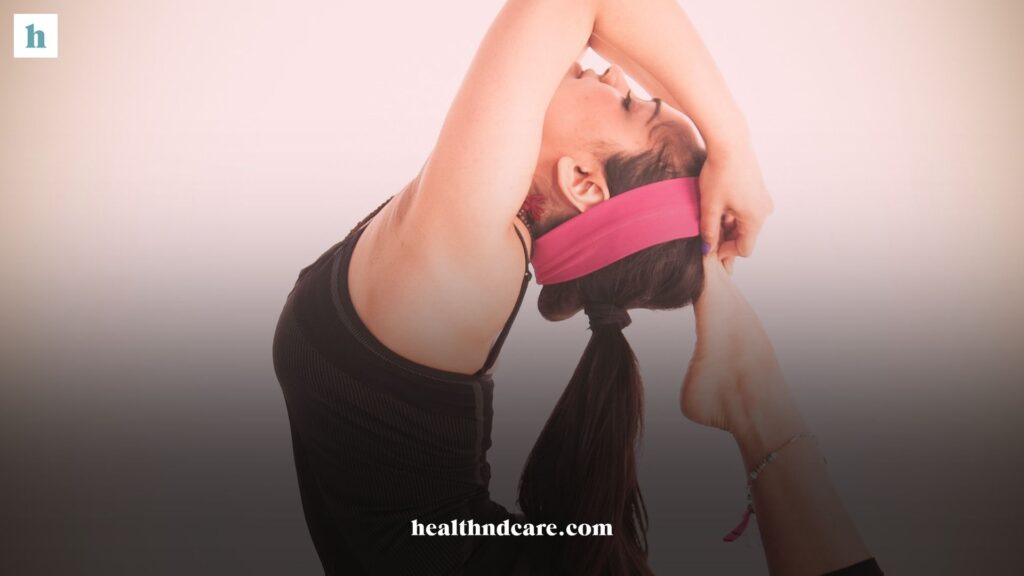Introduction
Exercises, weight loss, and all that are not what it means to be healthy. it is inclusive of the mind, body as well as the spirit. The practical steps that you will be able to follow to attain a healthy and well balanced lifestyle will be at hand in the guide in this context.
The Relevance of Nutrition in Relation to Lifestyle
How Did You Recognize that You Were Hungry
Health starts with what you eat, The diet must be balanced. There are nutrients that are essential for the normal operation of the body, for instance, among others, protein, carbohydrates, fats, minerals, and vitamins, and getting the right combination is what is most important.
Dietary Constructive Recommendations
Include in Diet Natural Foods: Get rid of snacks, grains, vegetables, fruits, low-fat meat and low-glycemic fats.
Avoid Junk Food: Work on minimizing the consumption of chips and sodas and other sweet foods.
Drink Enough Water: It is important to consume enough amounts of water perhaps more than 8 glasses in a day in order to maintain the water balance in the body.

Regular Physical Activity
Reasons Why you Need to Exercise.
Help reduce and maintain the body weight, help you reduce risks of cardiovascular diseases, helps you reduce depression and stress among many people. It also adds weight and changes the risk of contracting chronic diseases such as diabetes, heart attack, and even hypertension.
Problematic Exercising Schedules
Forms of exercising: The aerobics that one partakes in like walking, running, swimming and cycling should be made at least three times in one week.
Strength Training: Engage in weightlifting to help develop muscle and increase the metabolism rate.
Flexibility Exercises: Employ any form of yoga and or stretching to help alter the body’s range of motion.

Addressing Mental Health Issues
The Mind-Body Connection
Mental health is a necessity like physical health. Mental issues can result from stress, anxiety, or depression. It is important to manage stress and the wellbeing of the mind.
Mental Health Management Techniques
Practice Calmness: Meditate, or do breathing exercises or yoga to settle the brain.
Get Family Support: Keep in touch with friends and family and remain connected.
Avoid The Use of Screens: Try to limit the use of social media and gadgets to unwind.

Get Enough Sleep
The Role of Sleep in Health
Sleep is essential to the body in that it promotes health. It repairs your body, promotes brain activity, and balances hormones that help manage the feeling of hunger and stress.
Tips for Better Sleep
Establish a Sleeping Pattern: Adhere to going to bed and waking up at the same time every day to keep the body clock in check.
Change the Bedroom Atmosphere: Have a cold, dark, quiet bedroom for sleep.
Stay Away from Stimulants: Caffeine and alcohol should not be used in such amounts before bedtime because they may affect sleep quality.
Periodic Health Check-Ups
Proactive Health Care
Such check-ups help the patient in early diagnosis of problems that can turn severe in the future. This helps to avoid the risk of complications in the future and is helpful in long-term health.
Vital Health Assessments
B.P, C-HDL & total cholesterol: Keep a check on these values, as they prelude heart disease.
Blood Sugar Levels: Evaluation for this increasingly common disease should be done regularly.
Crossover screenings: Follow prescribed dressings and therapy for breast and colon cancer.

Conclusion
Achieving good health is a process which needs determination, persistence and positive attitude. Under proper eating, exercising, minding one’s state, getting enough rest and seeking preventive help, one can change his/her life and enjoy good health. So work towards that and start small with steps which will eventually lead you to the correct direction. Each step taken is one step toward a healthier, more positive version of yourself.



